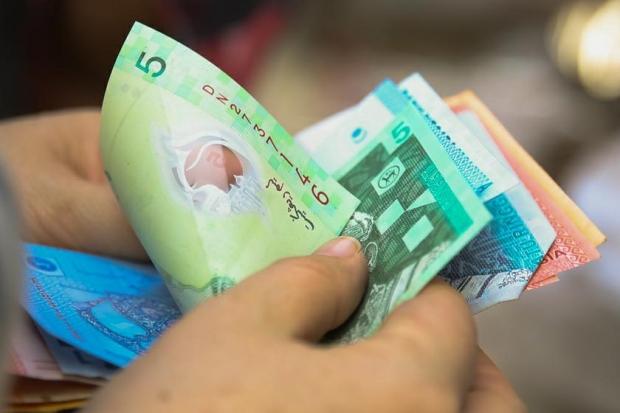The secondary property market is primarily made up of the investment community. These are the people who have invested in a property to derive rental, and eventually dispose it to obtain capital gains. The question is, do they pay GST?
According to an article by EFY (an online publication), tax consultant KP Bose Dasan stated that the Income Tax department is very clear on the issue.
He said, "we have the Real Property Gains Tax (RPGT) which is for capital disposal and the income tax for anything which is in income or revenue in nature, however for GST in the secondary market, there is no clear separation, which what is seek from the Customs.â€
However, the clarifications from the Customs department are highly crucial as sales have been affected. "Sales are being abandoned as investors are afraid of paying GST. For a property worth RM2 million, the GST comes up to RM120,000. Investors are not willing to pay that amount, which to them seem exorbitant" said Bose.
As for leasing and collecting rent, if the amount is more than RM500,000, GST is imposed. "However, for investors who own one or two units, and sell them in a one-off transaction, and where we clearly cannot label them as an enterprise-recognised continuity, the law clearly states that it is an investment. It's capital disposal and is not subjected to GST" he explained at a recent press conference organised by the Malaysian Institute of Estate Agents (MIEA).
When questioned on whether an individual who owns a shop lot and sells it to another individual is subjected to GST, Bose said, "Customs will ask the seller how long was the property in his possession. Let's say 10 years."
"So the badge of trade will show that this is held for investment. Although it is a commercial property, but the owner has held it for 10 years and derived rental income from it; thus, this is clearly for investment. And if you follow the scope of chart for GST, this doesn't satisfy one of the 4 elements of GST - it is not in the course of business" he clarified.
However, if he is in the business of developing, buying and selling a property, then yes he has to pay GST. "For instance, when a developer buys a land, he wants to develop to sell; therefore, he is definitely in the course of business.
A property dealer who speculates, and buys to sell is subjected to GST because he is going to turn over the property and that is trade. He will hold the property for less than 3 years. This is in the course of business" spelled out Bose.
Some of the countries that have successfully implemented GST have made it very clear about imposing GST. "In Australia for example, if you are an enterprise buying a property and leasing it for 5-10 years, it is in the course of business because it is the leasing of a commercial property. Alas, In Malaysia, we haven't got such an explicit statement yet" he mentioned.
Then there is the scenario of individuals selling their shop lot to a company for their own use. Is GST applicable here? Answering that, Bose said, "We only look at it from the perspective of the seller. Is the seller in the business of selling property? Many of these owners are not in the business, they just invested in it. So there is no need to pay GST. Whoever buys is immaterial" he described.
To identify whether it is an RPGT-transaction or income tax-transaction, the Income Tax department applies 9-10 badges of trade. They also have a clear section called investment holding company, pointed out Bose.
"They (Income Tax department) recognise that many companies hold investments, means its non-business. These companies derive income from bonds, interest incomes from their shares, and rental and dividend income from their properties. This is clear cut delineation of investment income.â€
"Now anyone who is under the ambit of income tax would think that since he is deriving investment income, how does the GST affect him? These questions are constantly in the mind of investors and when not properly addressed, could have an adverse effect on the secondary property market" warned Bose.
"We can already see this happening as investors have begun holding back investment. Transactions are getting affected simply because they are not very clear about GST and how they are subjected to it, which in turn has a dire effect on the sales of secondary property" he alerted.

.jpeg)
_PH_Banner_(Desktop)(1200x180px).png)



.jpeg)
